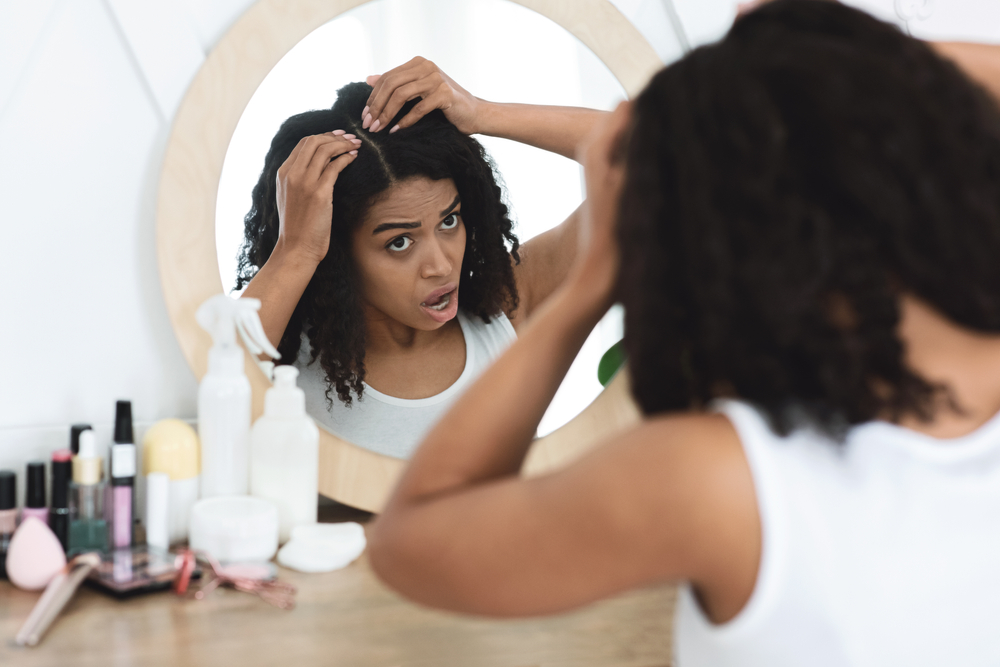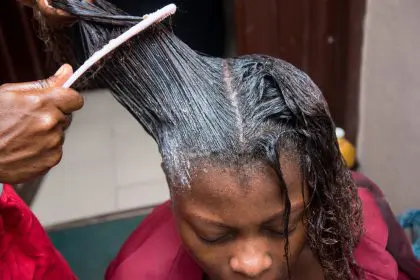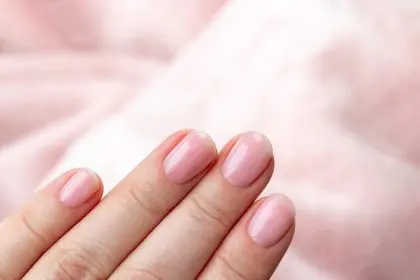Understanding scalp conditions
Dandruff is a common yet often misunderstood scalp condition that affects millions of people worldwide. Despite its prevalence, many people do not fully understand the factors that contribute to dandruff, which can make it challenging to find effective treatment. Modern dermatological research has shed light on the underlying causes of dandruff, allowing for better management strategies that address both symptoms and root causes. By recognizing the factors that influence dandruff development, individuals can approach treatment with a more informed and holistic perspective, leading to better outcomes for scalp health.
Scientific approach to treatment
Recent advancements in dermatology have revealed multiple pathways for treating dandruff. The first step in tackling dandruff is understanding its various causes, which range from dry skin to fungal infections. Medications such as anti-fungal shampoos or corticosteroid treatments can be effective in addressing the underlying causes of dandruff. These treatments work by reducing inflammation, controlling the growth of Malassezia yeast (a common fungus associated with dandruff), and hydrating the scalp.
Medicated shampoos, containing active ingredients like zinc pyrithione, ketoconazole, or selenium sulfide, have been proven to reduce flaking and irritation. These ingredients target the root causes of dandruff, providing relief to sufferers. In addition to shampoos, topical treatments like corticosteroid creams may help reduce inflammation, particularly in more severe cases.
However, it’s not only medications that can aid in treating dandruff. Lifestyle changes, such as reducing stress, eating a balanced diet, and avoiding harsh hair care products, also contribute to better scalp health. These evidence-based approaches offer a well-rounded treatment plan for various types of dandruff, ensuring that individuals can effectively manage their condition with a combination of medical and lifestyle interventions.
Natural treatment alternatives
While traditional treatments are widely used and highly effective, some individuals may prefer more natural alternatives to manage dandruff. Botanical solutions, such as tea tree oil, aloe vera, and apple cider vinegar, have been used for centuries for their soothing and healing properties. These natural ingredients often complement conventional treatments by providing gentle yet effective relief for mild to moderate cases of dandruff.
Tea tree oil, known for its anti-fungal and anti-inflammatory properties, is a popular choice for individuals seeking natural dandruff remedies. It can help reduce scalp irritation and prevent the growth of Malassezia yeast, one of the key contributors to dandruff. Aloe vera, with its moisturizing and soothing properties, can calm an irritated scalp and promote healthy skin. Apple cider vinegar, known for its ability to balance scalp pH and reduce fungal growth, is another natural treatment that some people find beneficial for dandruff control.
Natural alternatives can be a great adjunct to more conventional treatments, especially for those who prefer gentler options. However, it is important to consult with a dermatologist before making these treatments the primary method of managing dandruff to ensure that they are effective and appropriate for an individual’s specific condition.
Lifestyle impact on scalp health
The daily habits and lifestyle choices we make can significantly influence the health of our scalp and contribute to dandruff management. For instance, stress is known to be a major trigger for many scalp conditions, including dandruff. Reducing stress through techniques like meditation, exercise, and adequate sleep can help improve scalp health and reduce dandruff flare-ups.
Diet also plays a crucial role in maintaining a healthy scalp. A well-balanced diet rich in vitamins, minerals, and healthy fats can support overall scalp health. Foods high in omega-3 fatty acids, such as salmon and walnuts, can help hydrate the scalp and reduce inflammation. Zinc and biotin are also essential for healthy hair and scalp function, and incorporating these nutrients into your diet may reduce dandruff symptoms.
Additionally, personal hair care habits, such as avoiding harsh shampoos and over-washing, can impact dandruff severity. Opting for gentle shampoos designed for sensitive skin and reducing the frequency of hair washing can help maintain the natural oils in the scalp and prevent dryness, which is a common cause of dandruff.
By understanding the connection between lifestyle and scalp health, individuals can take a more proactive approach to dandruff management, incorporating these habits into their daily routine for lasting relief.
Professional intervention options
For individuals whose dandruff persists despite home remedies and over-the-counter treatments, professional intervention may be necessary. A dermatologist or healthcare provider can offer more specialized care for persistent cases, particularly when dandruff is caused by underlying medical conditions such as psoriasis or seborrheic dermatitis.
Professional care often includes the use of prescription-strength treatments that are more potent than over-the-counter options. For instance, stronger anti-fungal shampoos or topical steroids may be recommended to manage more severe dandruff. In cases where an underlying skin condition is present, a dermatologist may recommend additional treatments, such as phototherapy or oral medications, to address the root cause.
In addition to medical treatments, dermatologists can offer personalized care plans, taking into account the individual’s scalp condition, lifestyle, and medical history. This personalized approach helps ensure that individuals receive the most effective treatments for their specific dandruff concerns.
Prevention strategies
Preventing dandruff recurrence is often just as important as treating it. Establishing a proper scalp care routine is essential for maintaining long-term scalp health. Regular use of medicated shampoos or gentle hair care products designed for dandruff control can help keep the condition at bay. Additionally, incorporating practices like moisturizing the scalp and protecting it from harsh environmental factors can prevent the buildup of flakes.
Maintaining good hygiene by regularly washing the hair to remove excess oils and dead skin cells is crucial in preventing dandruff. Avoiding the overuse of styling products and limiting heat styling can also help keep the scalp healthy and free of irritation.
By implementing these preventive measures, individuals can reduce the likelihood of experiencing recurrent dandruff flare-ups, leading to better scalp health over time.
Long term management
Long-term dandruff management often requires a multifaceted approach. Combining various treatment methods, such as topical treatments, natural remedies, and lifestyle adjustments, creates a well-rounded strategy for keeping dandruff under control. Regular monitoring and adjustments to the treatment plan based on changes in scalp condition ensure that individuals can effectively manage dandruff over time.
Additionally, consistent maintenance of scalp health through preventive measures and a balanced lifestyle is essential for sustaining relief from dandruff. For many, managing dandruff becomes a long-term commitment, requiring ongoing care and attention. However, with the right approach, it is possible to live comfortably and confidently, free from the discomfort and embarrassment of dandruff.
In conclusion, managing dandruff requires a comprehensive and individualized approach that addresses both the symptoms and underlying causes. Through medical treatments, natural remedies, and lifestyle modifications, individuals can take control of their scalp health and reduce the impact of dandruff on their daily lives. By understanding the factors that contribute to dandruff and implementing effective strategies, it is possible to achieve long-term relief and enjoy a healthier scalp.















